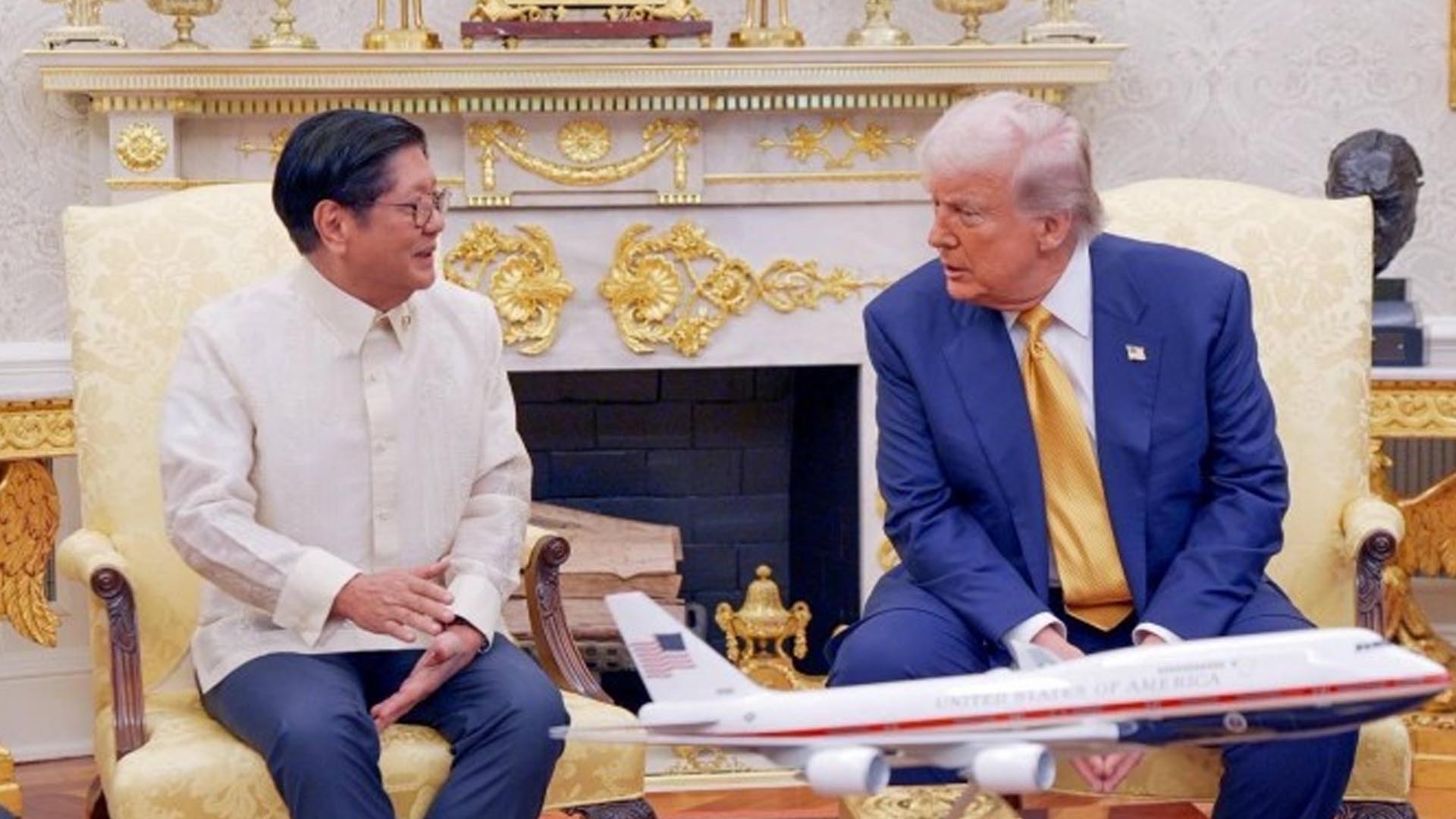President Ferdinand R. Marcos Jr. on Wednesday reaffirmed the enduring strength of the Philippines-United States alliance, saying it has reached “new heights” and remains a “beacon of stability” amid growing geopolitical uncertainty in the Indo-Pacific region.
Speaking at the inaugural Manila Strategy Forum, organized by the Center for Strategic and International Studies, Marcos emphasized the importance of the two nations’ evolving strategic partnership, citing enhanced defense cooperation, economic ties, and multilateral engagements as key pillars of the relationship.
“Now midway into my term, and having seen our cooperation with the United States reach new heights, I can say, with confidence, that the Philippines-United States relations remain a beacon of stability,” Marcos said.
“This is true not only today, but it certainly will be true for the years to come. Together, we continue to stand firm on solid ground,” he added.
Marcos said the Philippine -US alliance has grown to reflect not only traditional military cooperation but also emerging defense priorities in the Indo-Pacific.
He cited increasing joint activities such as multilateral maritime exercises with partners including Japan, Australia, Canada, and New Zealand.
He also acknowledged the deepening of defense industrial cooperation with the US, including work on unmanned systems, energetics, and ship and aircraft maintenance and repair.
“The Philippines continues to build its resources to be an effective partner to the United States, a significant contributor to our mutual defense,” Marcos said.
Sustaining growth
Marcos described the Indo-Pacific as “the most consequential region for the world” and reiterated the Philippines’ frontline role in maintaining regional peace and security.
He said security cooperation must be matched with economic resilience, warning against complacency in the face of global challenges.
“Strengthening our common security requires strengthening our economies. Simply put, we do not take our mature security alliance as a license to remain on autopilot, to be complacent,” Marcos said.
“We are committed to pursue our growth targets and provide better opportunities for our people, ensuring that economic strength and resilience deliver the dividends for enduring stability and security,” he added.
Marcos said economic cooperation with foreign partners like the US is key to regional development, citing partnerships for major infrastructure and economic projects, such as the development of a 155-km. freight railway connecting Subic, Clark, Manila, and Batangas funded with support from the US Trade and Development Agency.
‘Natural progression’
Marcos also mentioned other areas of collaboration that are “ripe for further economic cooperation,” including semiconductor supply chain resilience, refining critical minerals, and the development of civil nuclear energy.
“Cooperation in these areas makes sense not only economically, but also strategically, in support of our shared security,” he said.
“And this brings me to my last point: the alliance of the Philippines and the United States has reached a necessary and natural progression towards trilateral and minilateral, multilateral engagements, building individual and collective capabilities to address common challenges.”
Marcos expressed hope that the Manila Strategy Forum would become a leading platform for dialogue on regional security, reaffirming reaffirmed the Philippines’ role as a steadfast ally of the US and a proactive player in shaping a peaceful and stable regional order. (PNA)






